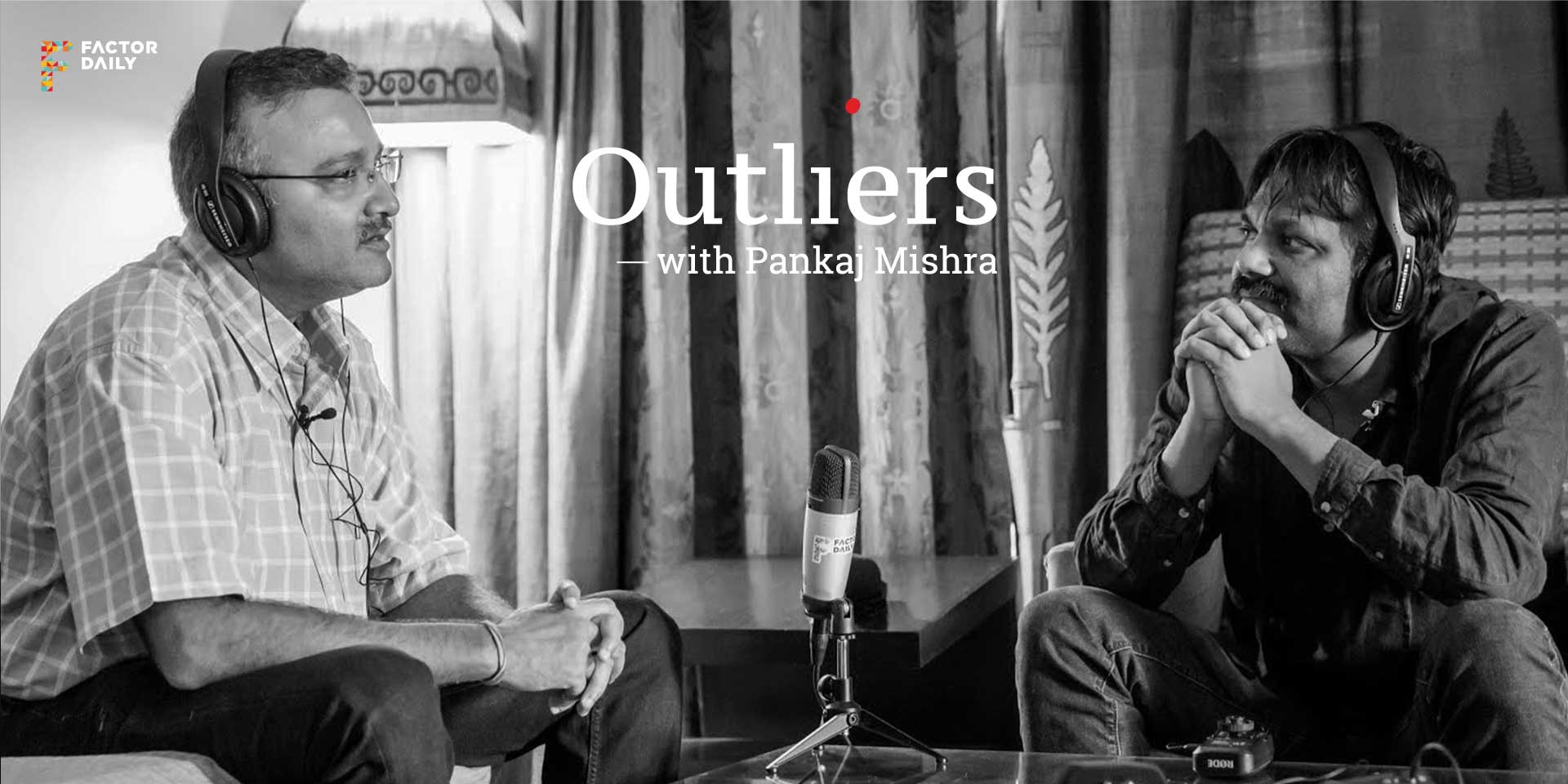Abhishek Sinha, 40, has been building a “fintech” startup over the past decade, much before it became cool to build a mobile wallet company. The story of Sinha’s journey to build Eko since late 2007 has all the ingredients of a thriller, and that’s not just about the number of times he faced near-death experiences as an entrepreneur. From navigating regulatory uncertainty to facing nearly a hundred creditors demanding payback one fine morning at the office, and hosting the world’s richest man Bill Gates and his family while being completely broke — all these incidents capture a quintessential entrepreneurial struggle.
Sinha got quite an exit when he sold his shares in 6D, a mobile VAS (value added services) startup he had cofounded along with former colleagues from Satyam Computer Services.
“I got an eight-digit cheque; it was so life-changing and empowering. I didn’t even have the courage to go to the bank for depositing the cheque on my own — I had less than a hundred rupees in the account,” he says. “I took my father-in-law along.”
When he started Eko in 2007, the idea was to offer branchless banking to hundreds of thousands of Indians with low to moderate incomes, dealing mostly in cash.
“How can we offer ‘sachet banking’ to people with Rs 5/10/100 average balance?” was the question he asked his founding team.
But much before that, Abhishek and his brother Abhinav, co-founders of Eko, couldn’t even explain “credit and debit” to potential investors.
“We were truly driven by raw energy, we were influenced by how pre-paid talk-time (on mobile phones) worked. We said why don’t we give cash to retailers and it becomes electronic money? “
Now, Eko does monthly transactions worth over Rs 650 crore and counts nearly 20 million customers.
But for Sinha, the near-death experiences have always been part of the journey. When India pushed for demonetisation a few months ago, Eko faced another existential crisis.
In some ways, Sinha and Eko have also lost some of the early mover advantage to the likes of Paytm and over two dozen startups in the alternative lending space in India currently.
“When we started we did see this as a huge opportunity. When we confronted others who came by and started doing a much better job, I got a feeling that we’ve missed out,” he says candidly.
Listen to Sinha’s story, told in his own voice, by clicking the podcast link above.


